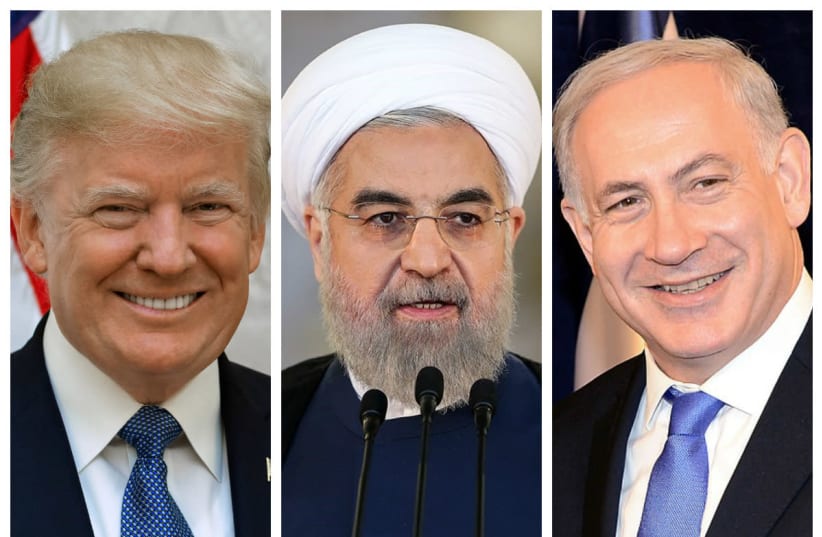Trump’s got a ‘good feeling’ about Iran? Netanyahu should be nervous
The possibility of face-to-face talks or even a photo opportunity between leaders of two nations that have been iconic foes for four decades would almost seem like a fantasy scenario.
